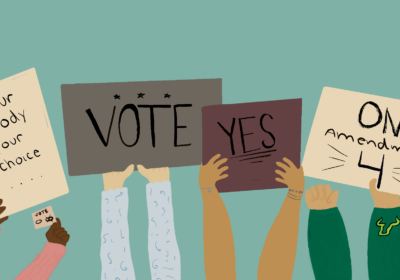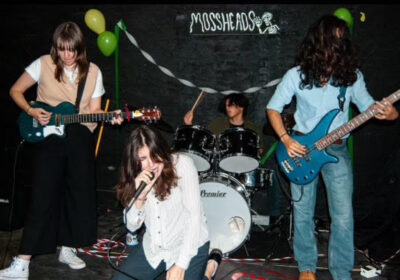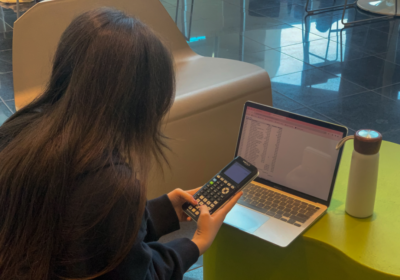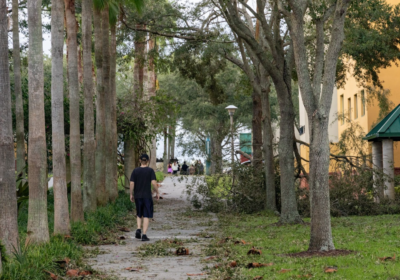USF’s new tobacco ban is unrealistic

USF Tampa is now officially tobacco free, just like the St. Petersburg and Sarasota-Manatee campuses. The facts are irrefutable: smoking kills. But the effectiveness of this ban has yet to be seen.
The number of smokers has drastically decreased in the last 50 years due to discoveries on the medical repercussions tobacco causes, but 18 percent of Americans still partake in the substance, according to tobaccofreecampus.org.
USF is attempting to combat this by offering free nicotine replacement patches, gum and lozenges as well as free community, worksite and clinic groups through the student health center. They also offer ongoing counseling for relapse prevention.
But realistically, not everyone will be able to suddenly go cold turkey and relinquish his or her personal liberty at the drop of a hat. Some students who struggle with this addiction have no desire whatsoever to quit.
Smaller campuses like St. Pete and Sarasota-Manatee are able to effectively implement the ban due to one overwhelming feature: their size. If students or faculty experience the need for a smoke break, they simply walk across the street and then return to their education.
USF Tampa is one of the 20 largest universities in the nation spanning over 1,700 acres. If the need arises, someone would have to exert a large effort to leave and smoke elsewhere. It’s not like the trip across Fowler is a short walk from class. Most students or faculty would have to utilize a car or a bus to transport them away from campus and then repeat the process to return.
Even if most students were able to arrange their class schedule to include these smoking expeditions, it would be naive to believe that everyone will rearrange their lives to comply with the new rule. It goes without saying that many students — and I would go so far as to presume faculty, as well — will be disregarding this ban.
It can only be assumed that people will linger behind buildings or hide in isolated areas in an attempt to get their nicotine intake, which begs the question: who will be enforcing this new ban? USF security and police department have enough responsibilities on their hands working to successfully keep the campus safe.
Is a special enforcement group really going to be scouring the campus for wrongdoers? While cigarettes leave evidence behind that would inform this new prosecution squad of offenders, there are other forms of ban-breaking rebellion that do not.
E-cigarettes, for example, do not leave behind a burnt out stub proudly announcing to all that someone is larking about breaking the rule. Once a user finishes his or her artificially flavored vaporizer session, they simply store their cigarette and walk away. The super sly enforcement group will have to literally catch them in the act, which considering the monumental size of the campus, will be nearly impossible to do.
A tobacco-free campus would ultimately be ideal and perhaps even plausible if we lived in a tobacco-free world. Unfortunately, addiction is real, and to believe this ban will effectively be enforced by peers is rather absurd.
People are going to be smoking, and USF should focus its efforts on other more pressing issues than trying to force students to suppress their addictive urges until they arrive home.
Breanne Williams is a junior majoring in mass communications.






